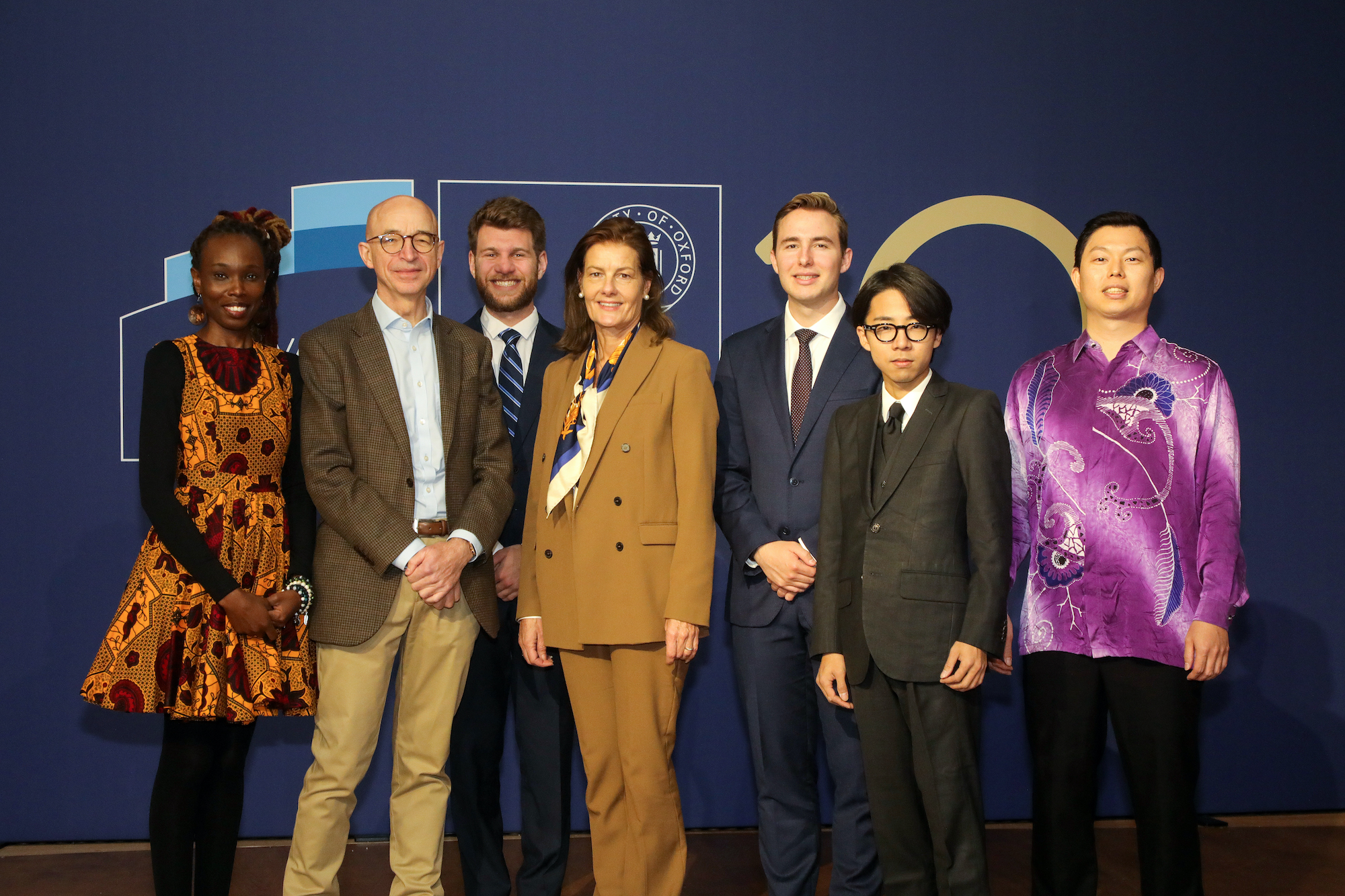Reflections from the first year of the MSc in Public Policy Research
With the first cohort of the MSc in Public Policy Research now finishing their theses, we caught up with course director Professor Peter Kemp for his reflections on the past year.

The first MSc in Public Policy Research students are reaching the end of the course. How has the first year been going?
The MSc has been going really well this year. There are only six students and they're all really enthusiastic. Having enthusiastic students always makes our job easier as teachers. As it's the first year, we’re finding our feet and doing things for the first time. We’re learning that it’s only when you try things out for real that you see how things could be improved. For example, the module we were teaching last term was called ‘Research in a Public Policy Context’. When I was designing the course, I couldn’t find a module like it anywhere at other universities so we really had to start from scratch with the content. There are no standalone textbooks that cover this sort of ground either, so our students are having to read a lot from a range of different academic sources covering the topics we want them to get to grips with this year.
How does the MSc differ from the MPP?
MSc students take fewer classes, which are designed to give them a solid grounding in research skills and methods. Over the course of the year, they apply what they have learned to explore a policy problem that really interests them in depth with guidance from their academic supervisors.
At the end of the course they submit a 10,000-word research-based thesis looking at the different elements of the policy issue and making recommendations. This year one of our students is investigating why militaries pursue decarbonisation with differing levels of commitment. Another is using a case study from COVID-19 to explore the impact of a clear inter-governmental structure on the ability of a state government to enact federal policy in the US.
We expect students to start working on the literature reviews for their thesis more or less from day one. To prepare for each class they’re expected to read around six articles. It is a big adjustment from the MPP, which trains you to get to grips with a very wide range of topics very quickly but not in as much depth as the MSc. But if you’re doing research inside or outside of government, you need to go into depth.
What sets this course apart from other research-focused master’s courses?
Other research master’s courses are training you primarily to do research in an academic or similar context. The skills that they give you can of course be used in government, but ours is specifically about doing research in government, for government or in the public policy realm. For example, there are think tanks, NGOs, trade unions and other interest groups that are doing or commissioning their own research, as well as government departments that often rely on evidence to support their policy analysis and proposals. Our course is about providing people with the skills to work in this context, where you are policy problem-driven rather than theory or hypothesis-driven. You're not contributing to academic debates; you're trying to help solve policy problems.
One of the sessions we organised that our students found really beneficial was on academic reading. Developing our students’ critical reading skills is one key way we’re trying to prepare them to undertake rigorous public policy research. Other sessions, however, focus on how to make a compelling case to policymakers. The way you communicate and the language of communication is very different in the policy world. We teach students how to give strong presentations and write compellingly in a range of different formats.
Tell us a bit about the role of the policy advisors
As well as their academic supervisors, each of the MSc students has a policy advisor. The policy advisors are senior practitioners from public policy organisations who provide guidance on the real-world application of the thesis research the students are doing. This then helps the students to develop the other component of their final assessment: the policy brief.
The brief is a shorter, 1500-word document that distils insights from their thesis research and is aimed at policy analysts and decision-makers in government. For the policy brief, we want the students to summarise what the problem is and the research questions they’ve formulated based on this, the methods they’ve used, their results and their policy recommendations. The policy advisors are really key because they have the insight into the information a policymaker need to see in the brief and how it should be presented. Academic articles and monographs are completely different (but of course important) types of output; but the MSc is more focused on research reports, policy memos, and very short oral presentations to government, the media and the general public.
Admissions to the MSc in Public Policy Research for 2024 entry open on 1 September 2023.

